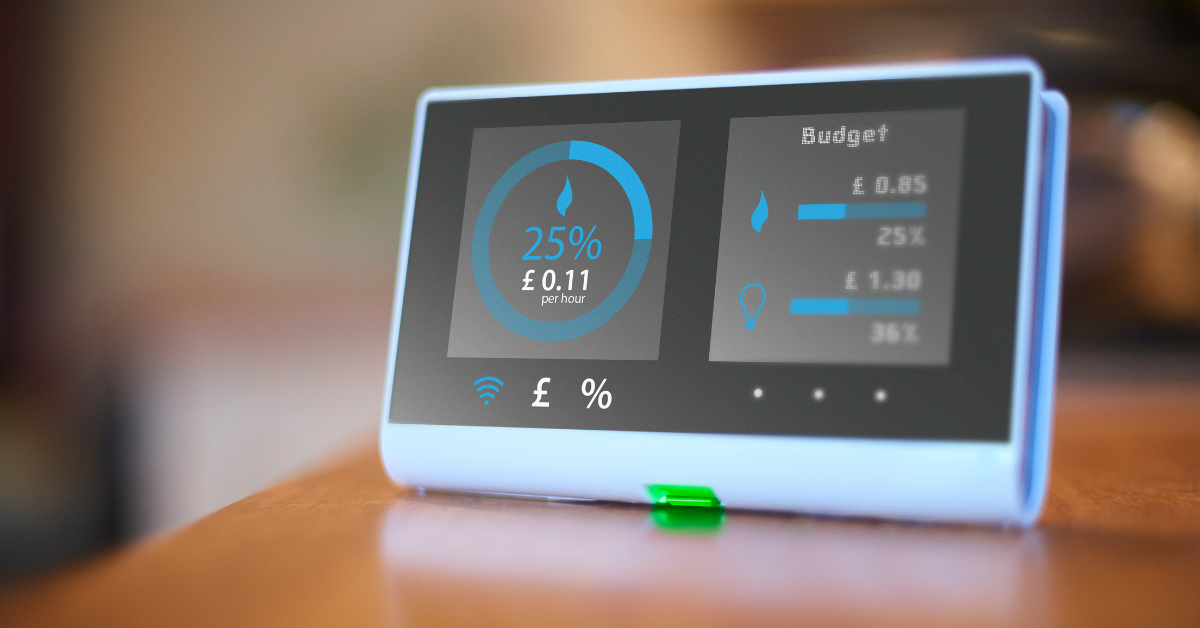Debunking the most common myths about Smart Meters
As Smart Energy GB, the organisation tasked with overseeing the smart meter rollout announces plans to change tactics to encourage consumer uptake, we take a look at some of the most common smart meter myths and how energy suppliers can encourage their customers to get one.
Changing tactics for Smart meter rollout
A new document published by the Department for Business, Energy and Industrial Strategy (BEIS) has suggested that due to the increasing consumer awareness of smart meters, Smart Energy GB should now focus its attention on encouraging consumer demand for smart meters.
As the UK government steps up its efforts to achieve emissions targets it is putting a greater emphasis on the adoption of smart meters. To that end it announced that from 2021, all energy suppliers that have more than 150,000 customers on their books will have to contribute to Smart Energy GB’s campaigning activities.
The change would create a more level playing field across energy suppliers and ensure that a "proportional funding model" is in place, BEIS said.
The number of smart meters being installed suffered a severe setback as a result of the Covid-19 pandemic, but now energy suppliers will have to double their efforts if they are to hit their respective installation targets.
The best way an energy supplier can encourage its customers to get a smart meter is to educate them and to dismiss the myths that have grown up around them. Let’s take a look at some of the most common and the responses an energy supplier should give to demystify them.
Also read: Smart Meter Installations hit a record high in October as Energy Suppliers increase efforts
Myth 1- Smart meters aren’t safe
There’s a wealth of horror stories about smart meters being unsafe and some customers may be concerned about having one installed because of this myth.
In reality, smart meters must comply with all UK safety standards and are installed by expertly trained installation engineers.
You should press home the fact that all engineers will run a series of tests to ensure that the smart meter is operating properly and that they perform safety checks in order to identify any risks to gas appliances at no extra cost.
Use the fact that smart meter engineers spotted more than 635,000 unsafe situations not related to smart meters in 2017 and 2018 and suggest that the installation of a smart meter will in fact make your property and appliances safer.
Myth 2 – Smart meters can be used to spy on people
The media love a good cybercrime scare story to frighten the populace with and even some underhanded cybersecurity companies often heightened the risks in order to flock their products to unaware customers.
Smart meters have had plenty of false stories written about them since they were announced, such as that hackers can use them to spy on people or use them as a way to breach someone’s sensitive data.
In reality, a smart meter cannot see nor hear anything. It only measures the amount of electricity and gas being used and it’s up to the customer as to how often the readings are shared with their supplier.
An energy supplier should reassure their customers that no sensitive data such as name, address or bank details are stored or sent via the smart meter and that a hacker has no way of attacking them due to them operating on their own and separate wireless smart data network.
Even a customer’s energy readings are encrypted and can only be accessed by the energy supplier.
Educating customers on the cybersecurity basics will also put a customers mind at ease and be prepared to give them a visual demonstration to prove that their data will be safe.
Also read: Busting the cybersecurity myths in the Energy sector
Myth: Smart meters produce dangerous radiation
The way some conspiracy nuts online talk you’d be mistaken for thinking that smart meters pulse out deadly radiation that will be a health hazard. Again, the media too is complicit in allowing such myths to spread among the population with some scare mongering headlines.
Smart meters do utilise radio waves in order to take readings remotely from gas and electricity meters. Public Health England has stated many times that smart meters pose no risk to a person’s health.
Energy suppliers should point concerned customers to this information and tell them that the radiation emitted by smart meters is over a million times lower than internationally agreed danger guidelines.
Also read: Covid-19’s impact on smart meter installations revealed
Myth: You can’t switch energy supplier if you have a smart meter
Now this myth has a shred of truth to it. The first generation of smart meters (SMETS1) had a huge flaw in that when a customer switched energy supplier their smart meter would go ‘dumb’ and lose all functionality.
Now, however, that issue has been fixed with the newer model SMETS2 meters and software patches for the older models. A customer can now switch energy supplier with little to no interruption to the functionality of their smart meter.
Energy suppliers do their utmost to install SMETS2 meters but if SMETS1’s have been used then assure their customers that they will still have functionality or will receive an upgrade if required.
Myth: Renters cannot get a smart meter
Customers living in rental accommodation may want a smart meter but may be put off requesting one due to concerns that their landlord or letting agency may not allow it.
An energy supplier should tell customers living in rented properties that they should ask their landlord before getting one but only if there are rules in the tenancy agreement that are about how energy is supplied to the property.
Smart meters themselves are owned by the energy supplier and if the renter pays the energy bills then they have every right to request one. If a landlord is paying for the energy use of their tenants, then they will have to confirm installation with the energy supplier.
Also read: How a CRM makes a change of tenancy easy to manage
The deadline for the smart meter rollout is now June 30th, 2021.
Further Reading
End of the 'Big Six' Energy Suppliers as the rise of challengers’ force Ofgem reclassification
How to sell the benefits of smart meters to customers
Ofgem considering Energy Bill hike to help ease pressure on Energy Suppliers
Dyball Associates are proud to help new supply businesses successfully launch in the UK market.
Through our energy market consultancy services, and the software we’ve developed, we’re supporting new UK electricity and gas suppliers get set up and start supplying.
For more information on how to start and manage an energy company, get in touch with Dyball Associates today.








